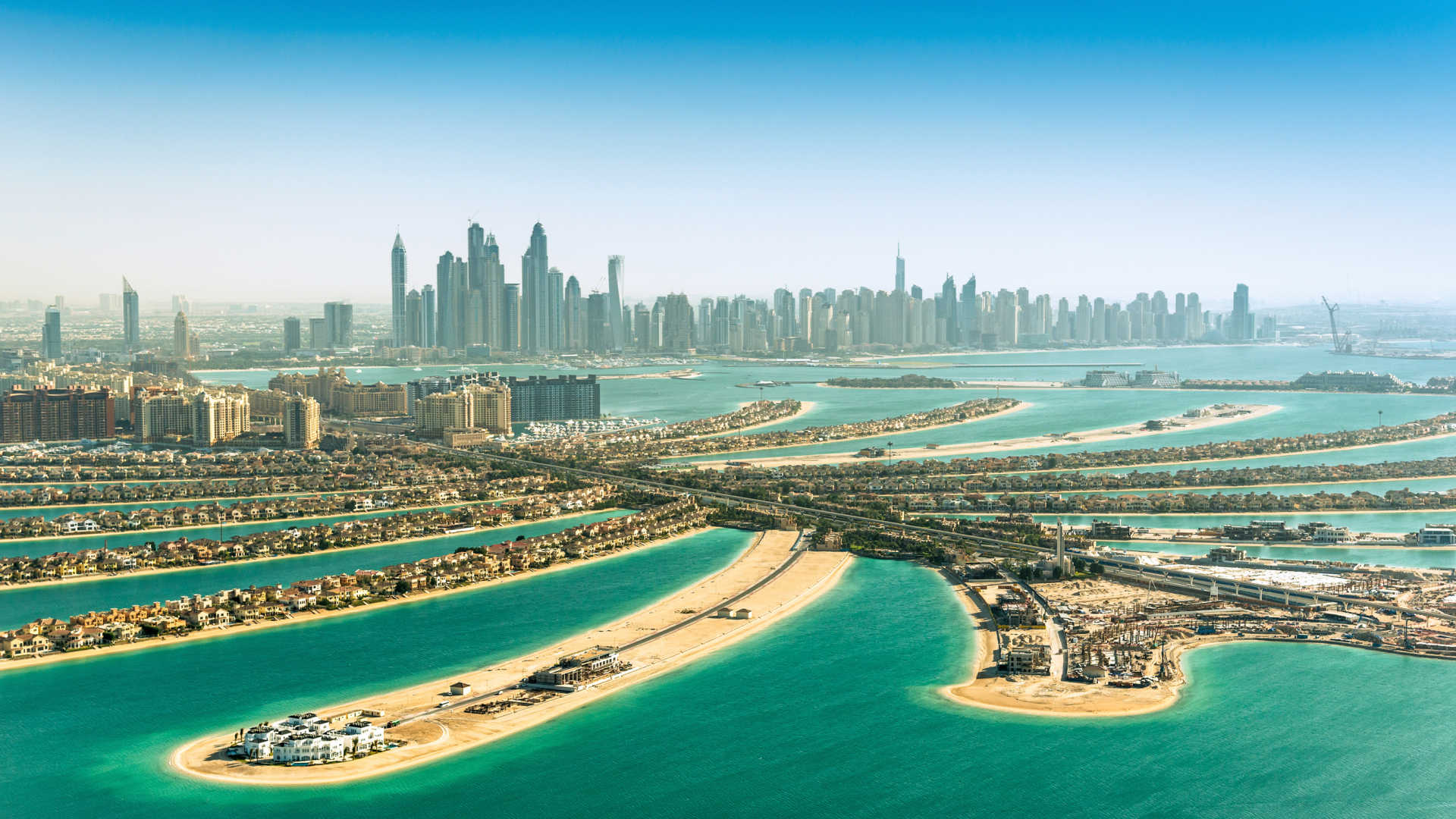By Greg Mayew
| The Author
Greg Mayew Greg Mayew joined Afridi & Angell in 2004 and is the partner in charge of the Abu Dhabi office. He is involved in the firm’s corporate and commercial, capital markets, construction, project finance, and banking practices. Greg holds a JD from the University of Minnesota Law School, a master’s degree from the Massachusetts Institute of Technology and a BA from the University of Denver. He is a member of the New York State Bar. Prior to joining Afridi & Angell, Greg was an associate at the London and New York offices of a leading firm. |
News of a new federal law on foreign direct investment in the UAE has many people asking: “Does this mean I can now form a new company with majority foreign ownership?”
The answer is the same as previously, “No, not yet”.
Companies incorporated in the UAE require a minimum of 51 percent UAE ownership. As an exception to this rule, 100 percent foreign ownership is permitted in free zones. The new law may lead to further exceptions in the future.
Federal Decree-Law 19 of 2018 (the “FDI Law”) was issued on September 23, 2018. The FDI Law adopts a similar approach to majority foreign ownership as the UAE Commercial Companies Law. An amendment to Article 10 of the Companies Law adopted in September of 2017 (pursuant to Federal Decree-Law 18 of 2017) stipulated that the UAE Cabinet (the “Cabinet”) may adopt resolutions permitting greater than 49 percent foreign ownership. The Cabinet remains the key decision maker under the FDI Law.
Under the FDI Law, the Cabinet will appoint a Foreign Direct Investment Committee to be presided over by the Minister of Economy. The Foreign Direct Investment Committee shall be responsible for studying and making recommendations to the Cabinet regarding foreign direct investment but the ultimate determination will be made by decision of the Cabinet.
The FDI Law sets out a “Negative List” of thirteen sectors where existing laws and restrictions will continue to apply and majority foreign ownership will not be permitted:
- Exploration and production of petroleum products.
- Investigations, security, military sectors and manufacturing of weapons, explosives as well as military hardware, equipment and clothing.
- Banking and financing activities and payment and cash handling systems.
- Insurance services.
- Hajj and Umrah services and labour supply and recruitment services.
- Water and electricity services
- Services related to fisheries.
- Postal, communication and audio-visual services.
- Land and air transport services.
- Printing and publishing services.
- Commercial agents services.
- Retail medicine such as private pharmacies.
- Poison centres, blood banks and quarantines.
Activities may be added to or removed from the Negative List by decision of the Cabinet.
The FDI Law also provides that the Cabinet shall, based on a proposal of the Minister of Economy and recommendations of the Foreign Direct Investment Committee and subject to certain conditions set out in the FDI Law, issue a decision creating a “Positive List” where foreign direct investment projects of up to 100 percent foreign ownership will be allowed. The Positive List has not yet been created and the FDI Law sets no timetable for its creation.
Recent media reports state that on November 12, 2018, during the World Economic Forum’s Global Futures Council Meeting in Dubai, the UAE Minister of Economy told reporters that sectors under consideration for the Positive List include technology, outer space, renewable energy, artificial intelligence and manufacturing, among others. According to some reports, the government aims to have the Positive List published during the first quarter of 2019. Media reports regarding legislative developments should be viewed cautiously. Historically, predicted implementation dates have often not been met.
In addition to the requirement of a Cabinet decision, local approval and licensing requirements apply in each Emirate. Like all companies, FDI companies must obtain a licence from the concerned licensing authority in the Emirate of incorporation. Moreover, the FDI Law provides that FDI companies must also obtain the approval of the competent authority in each Emirate in charge of foreign direct investment in such Emirate. This may require measures in each Emirate either creating a new authority for such purpose or designating an existing authority (in most Emirates, probably the Economic Department) as the competent authority for the purposes of the FDI Law.
There are several other interesting aspects of the FDI Law that are beyond the limited scope of this inBrief. The main point to be highlighted here is that the new FDI Law does not mean majority foreign ownership is a current reality. The framework is now in place, but implementation is yet to come. ■
| Afridi & Angell Founded in 1975, Afridi & Angell is a full-service UAE law firm in its fifth decade at the forefront of the legal community. From the beginning, our hallmarks have been a commitment to quality, unsurpassed knowledge of the law and the legal environment, and crafting of innovative business solutions. Licensed in the three largest Emirates of Abu Dhabi, Dubai and Sharjah as well as the Dubai International Financial Centre, our practice areas include banking and finance; corporate and commercial law; arbitration and litigation; construction; real estate; infrastructure projects; energy; project finance; maritime (wet and dry); and employment. We advise local, regional and global clients ranging in size and sophistication from start-ups, sole proprietorships, family-owned businesses, entrepreneurs and investors to some of the world’s largest public and private companies, governments and quasi-government institutions. We attract and retain clients with our dedication to practical guidance focused on their business needs supported by decades of experience here in our home jurisdiction, the UAE. Afridi & Angell is the exclusive member firm in the UAE of top legal networks and associations, most notably Lex Mundi, the world’s leading network of independent law firms, and World Services Group. |
| Afridi & Angell’s Legal Alert provides a brief overview and commentary on recent legal announcements and developments. Comments and opinions contained herein are general information only. They should not be regarded or relied upon as legal advice.© 2018, Afridi & Angell |



